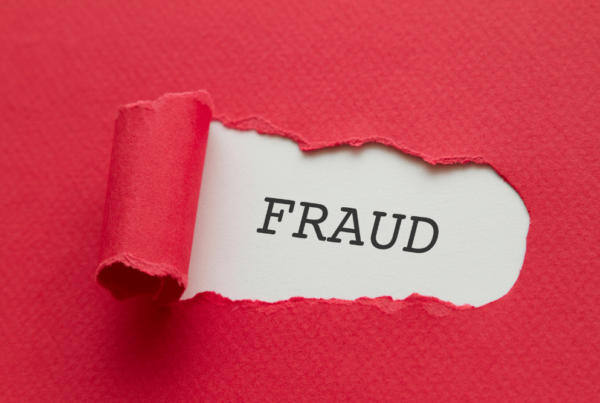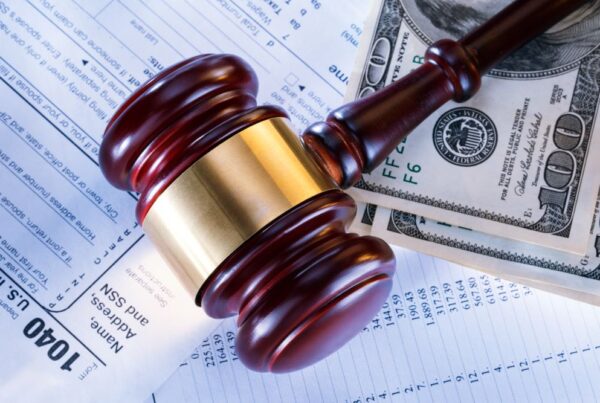NOTE: This entry features content updated to reflect changes to U.S. federal law after passage of the First Step Act (P.L. 115- 391) on December 21, 2018. Since that date, the First Step Act has helped reduce recidivism, provide incentives for success, and institute corrections/sentencing reforms.
Under the U.S. Constitution, the prosecution must disclose to the defendant all evidence that proves guilt as well as all evidence that proves innocence. Evidence generally falls into three categories, inculpatory, exculpatory, and impeachment.
Inculpatory, Exculpatory, & Impeachment Evidence Explained
Inculpatory evidence is generally any evidence that proves the defendant is guilty of the offense charged or deserving of punishment. Inculpatory evidence is necessary to obtain a conviction against a defendant, which triggers certain mandatory minimum penalties at the U.S. federal level. Though with the First Step Act, non-violent offenders can take advantage of the safety valve provision and secure a more lenient sentence.
Exculpatory evidence is anything that proves the defendant is innocent – or at least suggests that the prosecution is unable to prove guilt beyond a reasonable doubt. Exculpatory evidence is called Brady material, for the case Brady v. Maryland, 373 U.S. 83, in which the U.S. Supreme Court held that due process mandates the disclosure of exculpatory evidence.
Impeachment evidence refers to any statement that is inconsistent with trial testimony against the defendant. For example, a witness testifying against the defendant could change their story at trial and contradict their previous statements made under oath. This may not prove innocence, but it does weaken the government’s case against the defendant. Due process requires the disclosure of impeachment evidence as well.
When does evidence have to be disclosed?
Federal courts have held that the law requires the disclosure of all exculpatory evidence regardless of whether the defendant requests it. The US Attorney will disclose exculpatory evidence almost immediately during the discovery process.
However, federal law does not require impeachment evidence, such as a prior inconsistent statement, to be tendered until the trial. See 18 USC 3500 (the Jencks Act).
The general rule is that the prosecution must disclose exculpatory and impeachment evidence within a reasonable time to allow the defendant to use it in trial.
There are instances where federal prosecutors will delay disclosing exculpatory evidence because of national security concerns, such as where the information is classified. In these cases, the government may be concerned about the practice of gray mail, where a defendant threatens to disseminate classified information during trial. If the government wants to restrict access to this evidence, strict procedures must be followed pursuant to the Classified Information Procedures Act, which is found at 18 USC App III.
Impeachment evidence may be delayed because of decisions by the prosecution on which witnesses will testify against the defendant. A defendant is entitled to impeachment evidence (e.g., statements that are inconsistent with trial testimony) for any witnesses expected to testify against the defendant at trial. For those witnesses who will not testify, the defendant may not be entitled to impeachment evidence.





